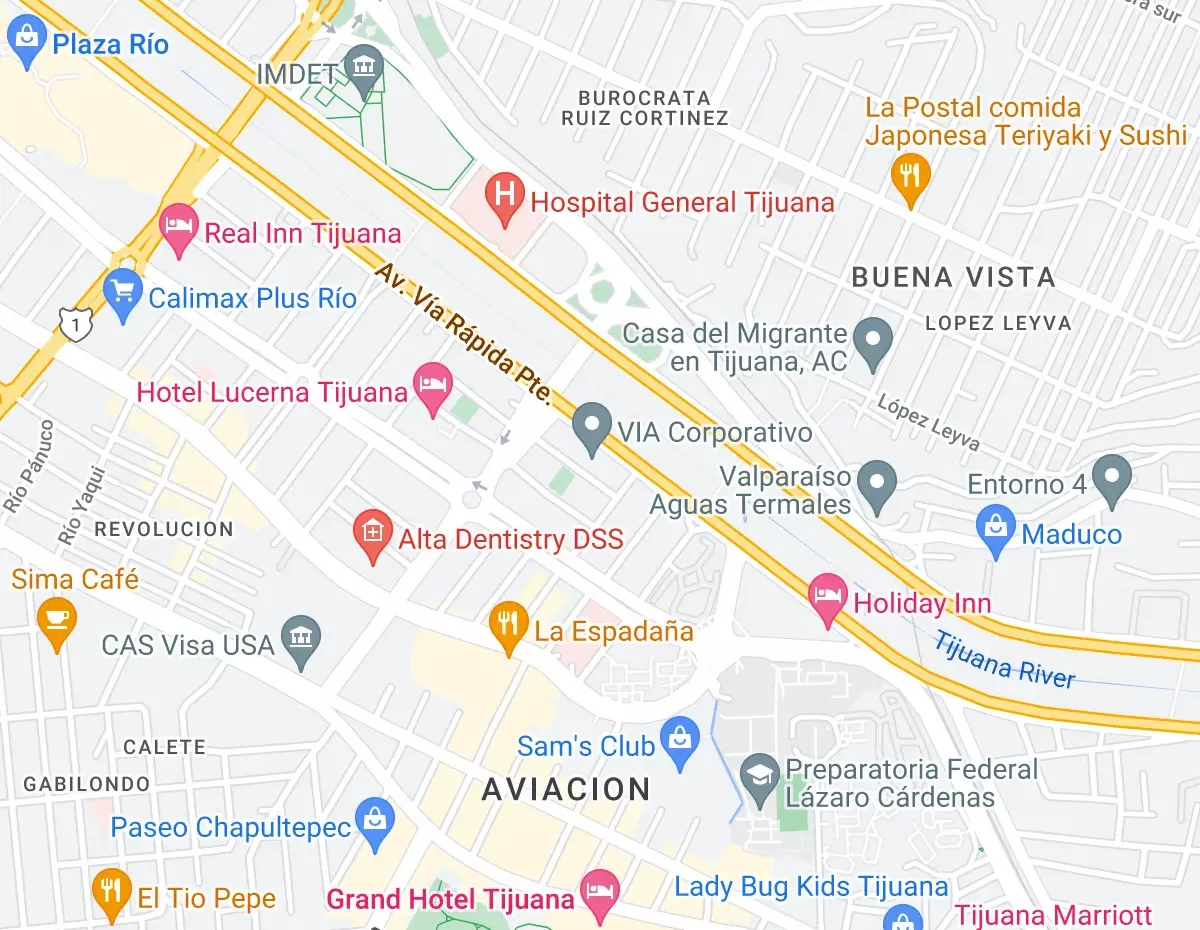You've heard of Post-Traumatic Stress Disorder (PTSD), but have you considered the possibilities of life after it? There's an unconventional treatment, Ibogaine therapy, that's been catching the attention of medical communities. Many individuals swear by it, having experienced profound transformations in their lives post-treatment. However, it's not all rosy. The shift into this new normal can be challenging yet undeniably rewarding. You might wonder, what does this journey look like? Well, let's explore it together.
Key Takeaways
- Ibogaine therapy can aid PTSD recovery by 'resetting' neural pathways and addressing trauma at its root.
- Post-therapy, individuals often gain a new understanding of their trauma, informing a life redesign.
- Support systems play a crucial role in maintaining the 'new normal' after Ibogaine therapy.
- Legal and health considerations are significant when seeking Ibogaine therapy and must be navigated carefully.
Understanding Post-Traumatic Stress Disorder
In the face of traumatic events, it's not uncommon for you to develop Post-Traumatic Stress Disorder, a condition marked by severe emotional distress and persistent, terrifying memories. It's like your mind gets stuck in a loop, constantly replaying the trauma, peppering your daily life with PTSD triggers. These triggers can be anything—a sound, a smell, a place—that reminds you of the traumatic incident. They set off a chain reaction, catapulting you back into the emotional turmoil of the original trauma, leading to anxiety, depression, and panic attacks.
Trauma coping is another significant aspect of living with PTSD. It's about finding ways to manage and reduce these overwhelming symptoms. Sometimes, it's as simple as deep breathing or mindfulness exercises; other times, it might involve cognitive-behavioral therapy or medication. But the key is to remember that you're not alone. Many people battle PTSD and have found ways to cope with their trauma. You, too, can learn to manage your PTSD triggers and find a path to healing. It's not easy, but with the right support, it's possible to regain control and create a new normal for yourself.
What Is Ibogaine?
You might be asking, "What is Ibogaine?" Well, let's get straight to the point and explore its origins and the process of Ibogaine therapy. It's a unique approach that might just change your perspective on handling PTSD.
Understanding Ibogaine's Origin
Originating from the West African shrub called Tabernanthe Iboga, Ibogaine has been traditionally used for spiritual and healing rituals by indigenous peoples. You might be curious about Ibogaine's legality. Well, it's significant. In some places like the USA, it's banned due to its psychoactive properties. However, in others, there are no specific laws against it. Indigenous practices have long revered this plant for its powerful healing properties. Its use in rites of passage and healing ceremonies denotes a deep understanding of its potential, extending beyond our modern medical comprehension. It's important to respect these origins while considering Ibogaine therapy. As you explore further into this topic, remember that understanding Ibogaine's roots is key to fully grasping its potential today.
Ibogaine Therapy Process
Having grasped its roots, let's now demystify the process of Ibogaine therapy, shedding light on what exactly this substance is and how it's used therapeutically. Ibogaine is a naturally occurring psychoactive substance found in plants in the Apocynaceae family. It has been used traditionally by indigenous communities for spiritual and healing purposes.
The process involves:
- Administering a therapeutic dosage, typically under medical supervision. This dosage is carefully calculated based on your physical condition and the severity of your symptoms.
- Undergoing a guided psychedelic experience, which can help you confront and resolve traumatic memories.
- Participating in aftercare support is critical. It helps you integrate your experience and maintain the gains made during therapy.
The Science Behind Ibogaine Therapy
Delving into the science of Ibogaine therapy, it's interesting to note that this treatment involves a naturally occurring psychoactive substance found in plants in the Apocynaceae family. This substance interacts with various neurotransmitters in the brain, essentially 'resetting' your neural pathways, which can have profound effects on addiction and mental health conditions.
Now, you're probably wondering about Ibogaine's legality. In some countries, it's perfectly legal and used in professional clinical settings, while in others, it's classified as a controlled substance. It's important to consult with a professional and understand the legal implications before deciding to undergo therapy.
So, what about therapy outcomes? Studies have shown some promising results. Many who have undergone Ibogaine therapy report experiencing significant reductions in cravings and withdrawal symptoms. Some even claim it helps them confront and work through past traumas, aiding their recovery. However, it's also important to note that Ibogaine therapy is not a 'magic bullet.' It's a tool that should be used as part of a complete treatment plan, supplemented with counseling and aftercare.
In essence, the science behind Ibogaine therapy is intricate and fascinating, offering hope for those struggling with PTSD and other conditions.
Ibogaine Therapy's Role in PTSD Recovery
If you're battling PTSD, ibogaine therapy might play a significant role in your recovery journey. This treatment alternative is gaining attention due to its unique approach in symptom management and targeting the root causes of PTSD, offering a different path towards healing.
It's important to be informed about the regulatory status of ibogaine where you reside as its availability can vary. In places where ibogaine therapy is accessible, it’s important to ensure that the treatment setting is properly regulated to maintain safety and compliance with healthcare standards.
Ibogaine therapy introduces a novel approach to PTSD recovery, challenging traditional methods and offering hope to those seeking alternative options. As the discussion around mental health continues to evolve, so does the consideration for innovative treatments like ibogaine.
Potential Risks and Controversies
While ibogaine therapy has shown promise, it is accompanied by complexities and areas of concern. As you research this substance, you’ll encounter various discussions about its use.
One significant area is the legal status of ibogaine. While in countries like the United States, it is classified under controlled substances, it is essential to recognize that in Mexico, where the New Roots Ibogaine treatment facility is located, ibogaine is completely legal. This legal status in Mexico enables facilities like New Roots to provide ibogaine treatment within a regulated framework, ensuring safe and legal access for those seeking treatment.
The availability of ibogaine is another consideration. Regulations in some areas can make accessing it for therapeutic use a complex issue, which sometimes leads individuals to seek it from less regulated sources.
When discussing the potential concerns, it's important to consider:
Regulatory status: Ibogaine’s beneficial outcomes are recognized, yet the regulatory landscape can limit research and access.
Accessibility: In regions like Mexico, where it’s legal, ibogaine therapy is more accessible, providing a critical option for those seeking such treatments.
Treatment considerations: Despite its legal status in Mexico, ibogaine therapy requires careful medical oversight to ensure safety.
Navigating these considerations is a crucial part of understanding the full context of PTSD treatment options and the role that ibogaine can play within legal jurisdictions like Mexico.
Building a Future Post-Ibogaine Therapy
So, what does life look like after undergoing Ibogaine therapy for PTSD? It's not just about returning to your old self– it's about building something entirely new. It's a time for life redesign, where you're given a clean canvas to rewrite your narrative.
You're bestowed with therapeutic insights to use as tools for this redesign. You've gained a new understanding of your trauma, and with that comes a new perspective on how to navigate life. You're not just surviving anymore– you're thriving and creating a future that feels whole and fulfilling.
But remember, it's not a straight path. There may be days when the past still weighs heavy, but that's okay. You've been through the worst and come out stronger. You know now that you can face anything that comes your way.
In this new chapter, you're not alone. You have a support system–be it therapists, support groups, or loved ones, who are there to guide you through this journey. So, take a deep breath, look ahead, and know that you're more than your past–you have a bright future waiting.
Conclusion
You've learned about PTSD, Ibogaine and how this therapy can aid recovery. Personal stories show it's possible to rebuild life after trauma. There are risks and controversies, but the potential benefits can't be ignored. Remember, support systems are key during this transformation. You're on a journey to create a new, healthier normalcy. Embrace it. This is your chance to redesign your life, prioritizing well-being and fulfillment. After all, you deserve it.
At New Roots Ibogaine, we support you on this journey towards a new beginning.




